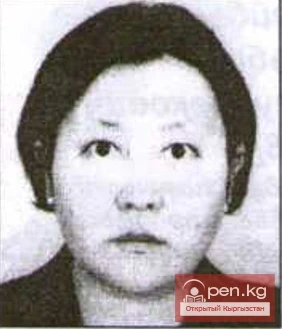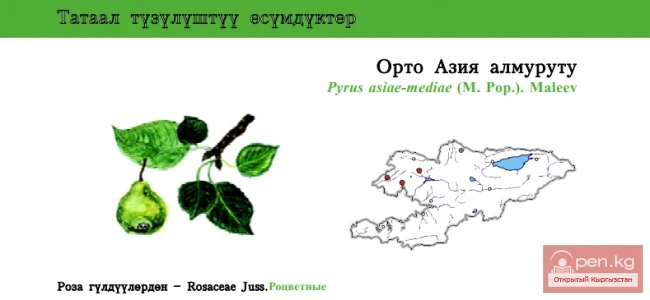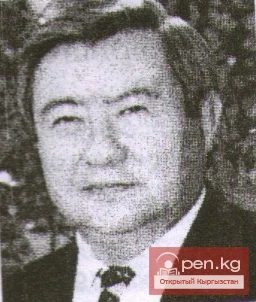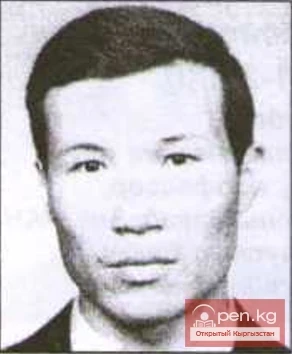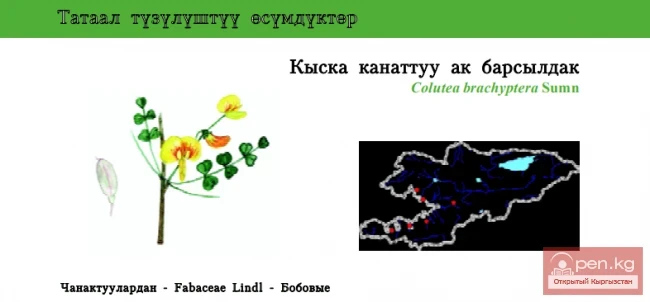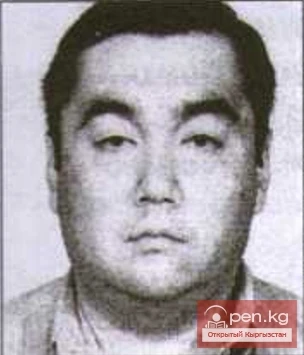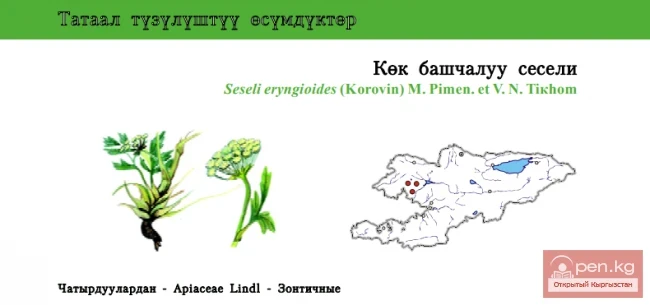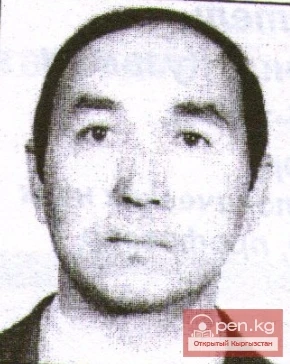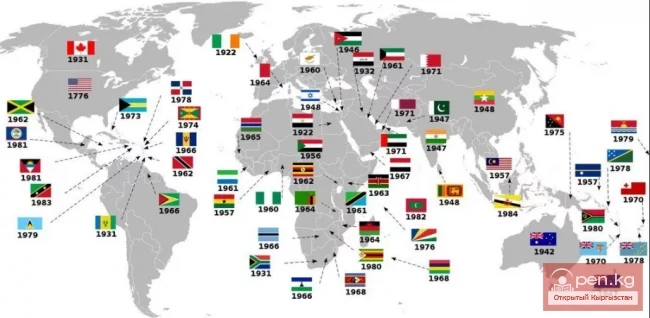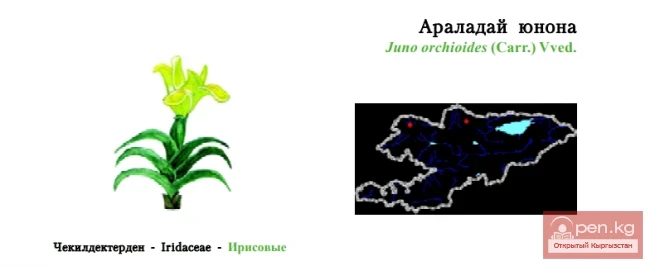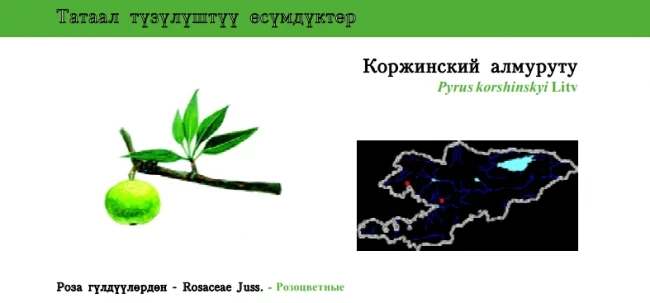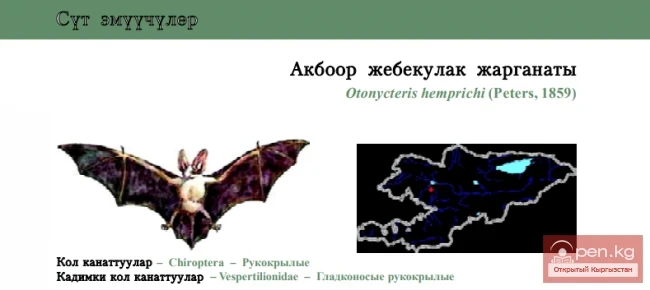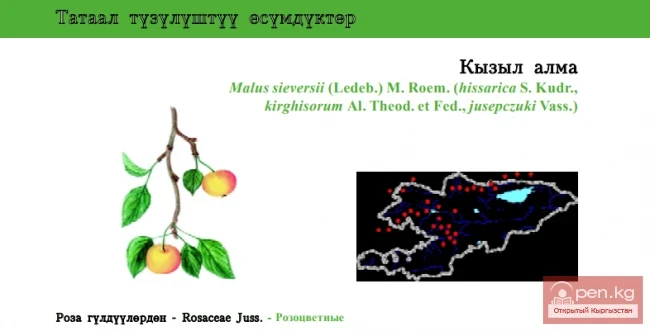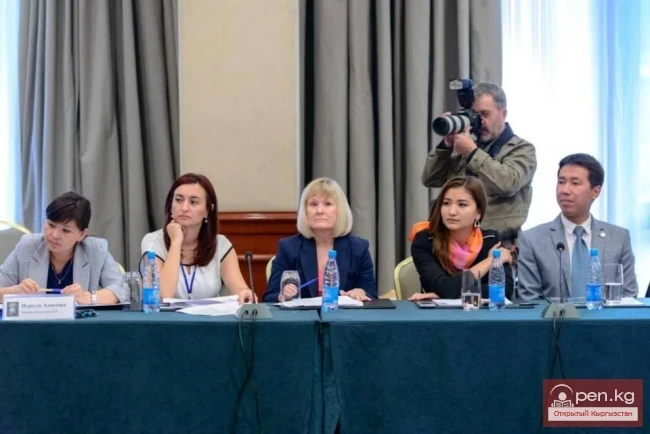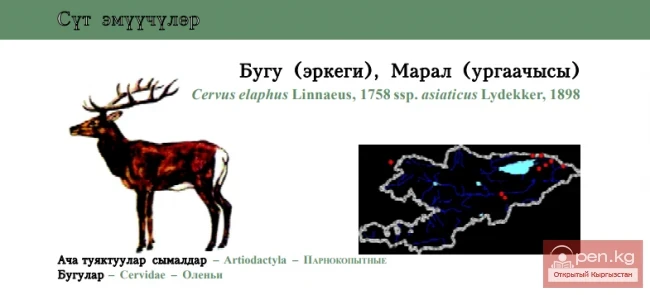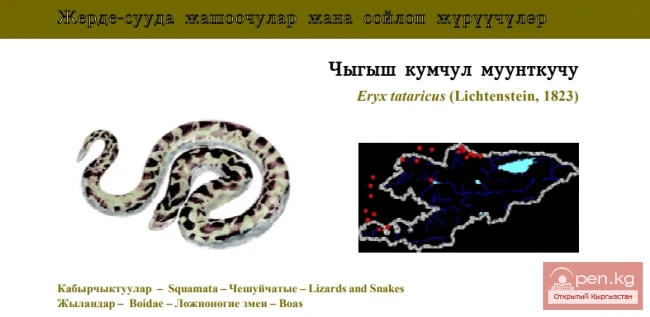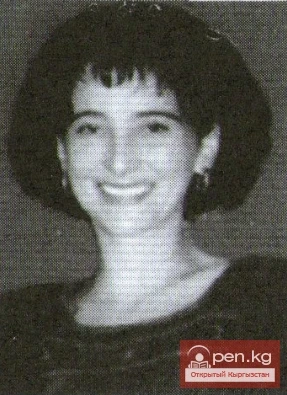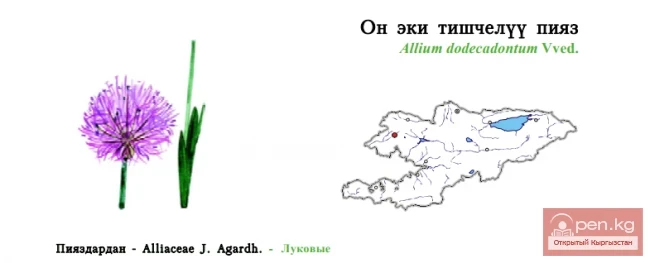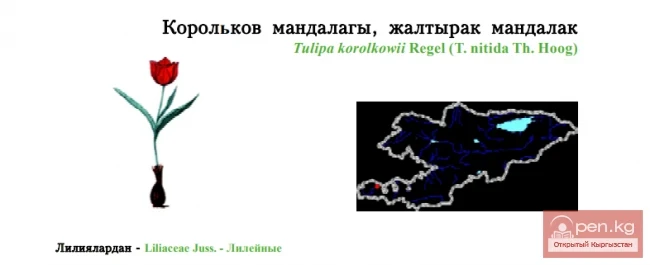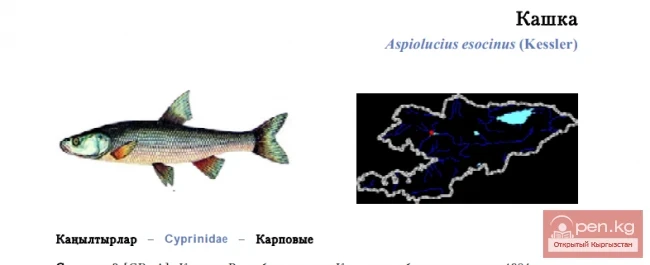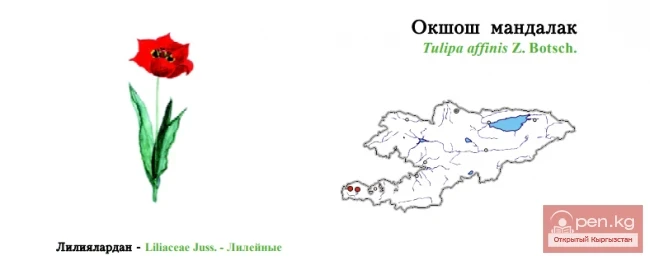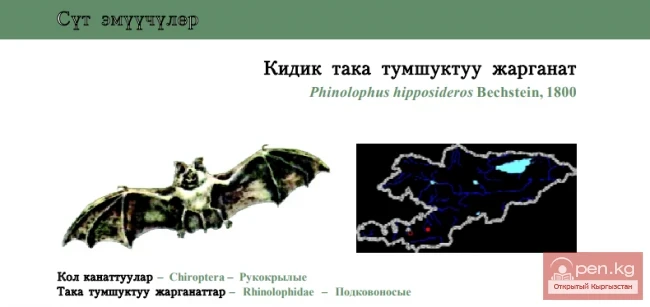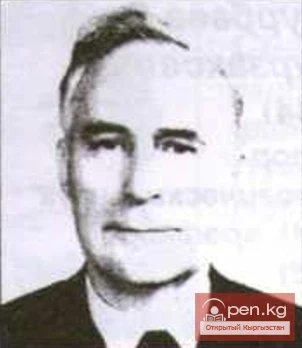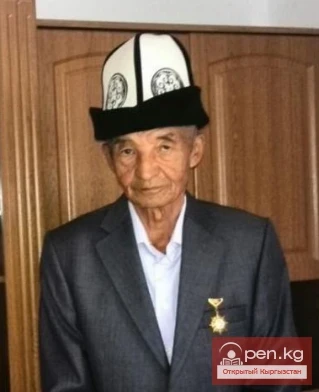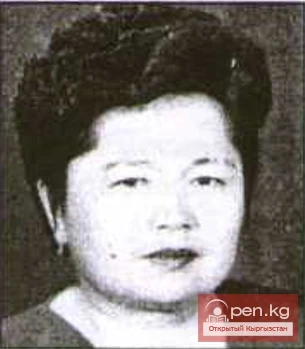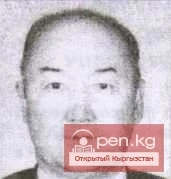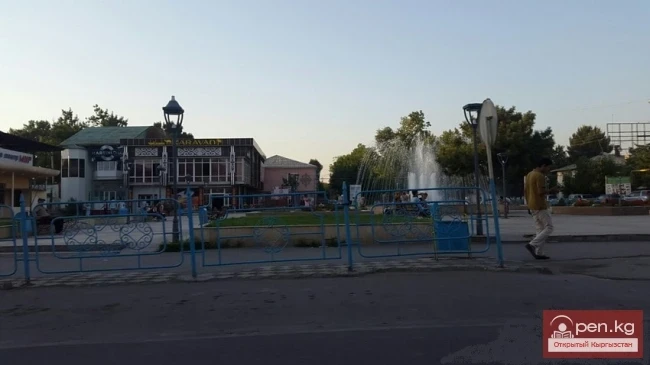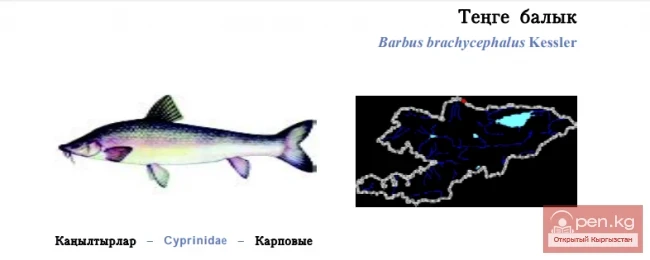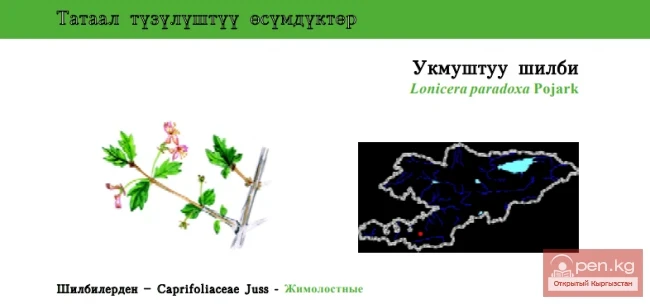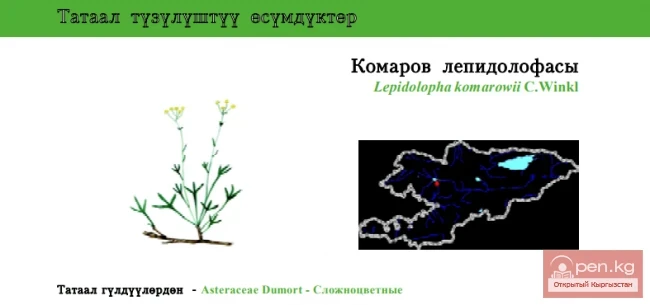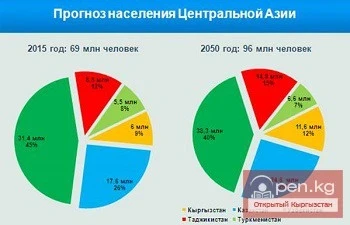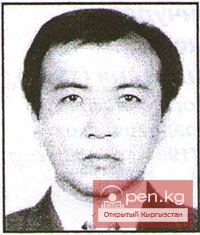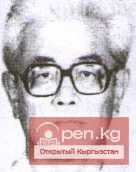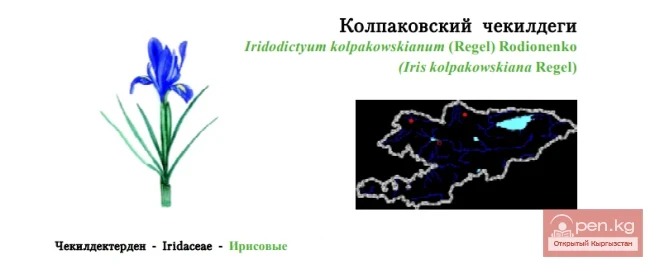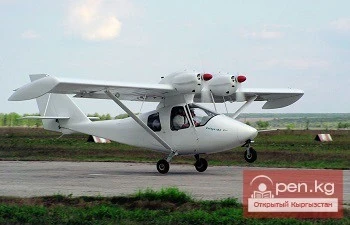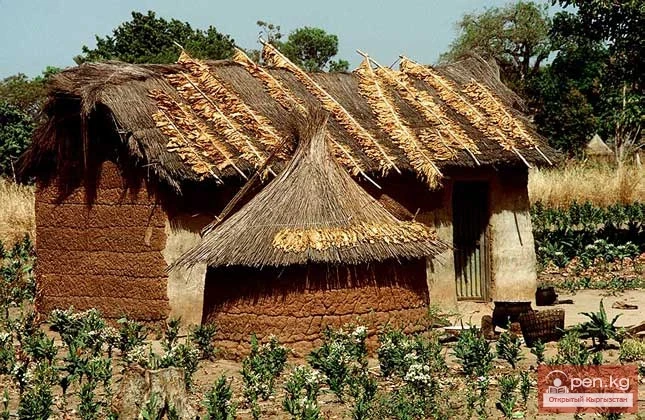
Benin. Republic of Benin
The Republic of Benin (formerly Dahomey until 1975) is located in West Africa, on the coast of the Atlantic Ocean. It borders Nigeria to the east, Niger to the north, Burkina Faso to the northwest, and Togo to the west. The area is 114.7 thousand km², and it is administratively divided into 6 provinces. The capital is Porto-Novo (300 thousand). However, the political and economic center of the country is actually Cotonou (1 million residents), where the executive authorities are located. The population is 7.1 million. The main ethnic groups are Fon, Aja, Yoruba, and Bariba. The average annual population growth rate is 2.4%, with a birth rate of 4% and a mortality rate of 1.5%. The average life expectancy is 51 years (2002). The adult literacy rate in 2002 was 60.2%. 45% of the population lives in urban areas. The official language is French. Religion: about 50% of the population adheres to traditional local beliefs, 30% practice Christianity, and 20% follow Islam. The currency is the CFA franc (656 CFA francs = 1 euro).
Benin has diplomatic relations with the Russian Federation (established with the USSR on June 4, 1962).
The national holiday is August 1 - Independence Day (1960).
The formation of the first states on the territory of the country dates back to the 15th century. Benin got its name from one of the states of ancient Africa that existed in the 15th to 19th centuries in the lower reaches of the Niger River. The first colonizers, the Portuguese, appeared in this region in the 15th century. They were followed in the 17th century by English, French, and Dutch slave traders, merchants, and missionaries. The coast and adjacent areas of present-day Benin were one of the main centers of the slave trade in West Africa, which is why they were called the Slave Coast. In 1897, France established control over the territory of present-day Benin, making it a colony. The country's independence was proclaimed on August 1, 1960. The first 12 years of Benin's sovereignty were marked by instability, with 5 coups occurring in the country. During the last one, Major Mathieu Kérékou came to power, who ruled the country until 1991.
From 1974 to 1989, Benin was oriented towards a socialist path of development. Under pressure from France, in February 1990, M. Kérékou convened a Conference of Political Forces, which laid the foundations for a new political system aimed at building a democratic rule of law. In March 1991, M. Kérékou's opponent, N. Soglo, won the presidential elections. In 1996, during the next elections, M. Kérékou was re-elected as head of state.
Benin is a presidential republic. The current president, M. Kérékou (re-elected for a 5-year term in March 2001), is also the head of government and the commander-in-chief of the armed forces. Legislative power belongs to the unicameral National Assembly (83 deputies). According to the results of the last parliamentary elections held on July 30, 2003, pro-presidential parties received a majority of mandates for the first time.
The most influential political parties are pro-presidential: the Action Front for Democratic Renewal, the Social Democratic Party, the African Movement for Democracy and Progress, the Party of Democratic Renewal, as well as the opposition Party of the Renaissance of Benin. A total of 165 political parties and organizations are registered in the country.
Benin is classified among the poorest countries and, according to UNDP data, ranks 161st out of 177 in terms of human development. In 2004, GDP grew by 3.3% (in 2003, this figure was 4.8%). The slowdown in GDP growth is linked to factors such as rising energy prices and falling cotton prices on the world market, as well as import restrictions imposed by neighboring Nigeria through the Autonomous Port of Cotonou. The inflation rate in 2004 was 2%, which is 0.5% higher than in 2003. One-third of Benin's population lives below the poverty line, with an income of less than $1 per day per person.
Benin's external debt is €1.539 billion (as of the end of 2004). In March 2003, Benin met all the necessary conditions for the Heavily Indebted Poor Countries Initiative (HIPC), which will potentially allow it to reduce its debt burden by one-third. The annual volume of external financing for Benin exceeds $250 million, half of which is grant aid.
Agriculture remains the main sector of the economy (35.4% of GDP, with cotton production accounting for 27.7%) and mainly meets the population's needs for traditional food products. Exports include cotton (which accounts for up to 90% of foreign exchange earnings), palm oil, cassava, and corn.
The British territory in the northwestern part of the Atlantic Ocean, near North America, consists of about 360 islands and reefs; of these, no more than 20 are inhabited (10 islands are connected by bridges and causeways, forming the so-called main island of Maine Island). The total area is 53.3 km². The administrative center is Hamilton (3 thousand). The population is 64.5 thousand (2004); over 60% are of African descent, while the rest are descendants of Europeans and North Americans. The official language is English. Religion: the majority of believers are Protestants (adherents of the Anglican Church), and there is a significant Catholic community (about 9 thousand). The currency is the Bermudian dollar = 100 cents.
The national holiday is May 24 - Bermuda Day.
Industry accounts for 14.5% of GDP. The main sectors are food, cotton processing, textiles, and cement. Oil deposits have been discovered on the continental shelf.
With a large seaport and a relatively developed road and transport infrastructure, Benin is an important link in the transit trade system in West Africa, serving cargo flows intended for Burkina Faso, Mali, Niger, and Nigeria.
Benin's main trading partners are the countries of the European Union (primarily France), the USA, Japan, China, and Southeast Asian countries.
In Benin, 17 newspapers are published daily ("Nasion", "Matinal", "Fraternité", "Matin", etc.). There is a government news agency, Benin Press, as well as national radio and television.
